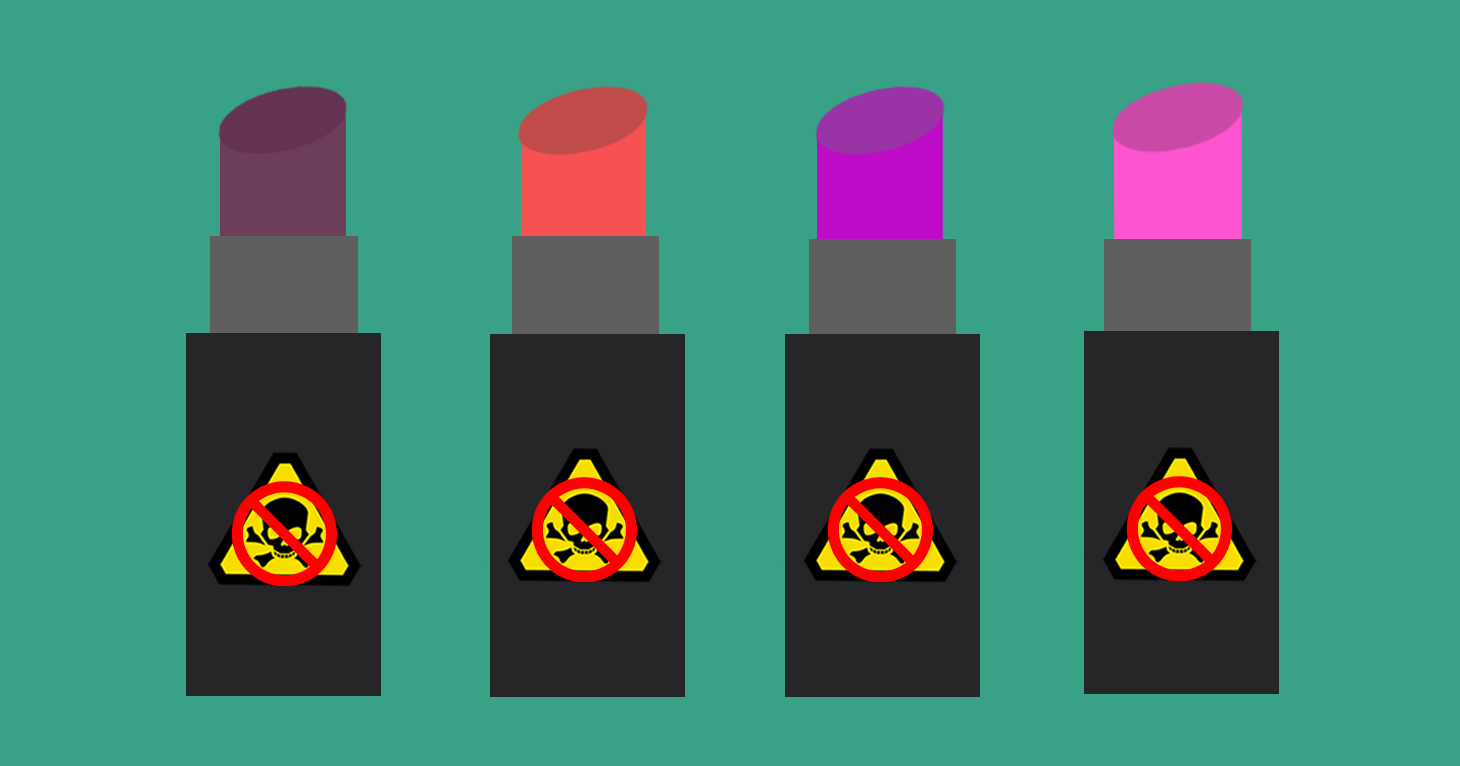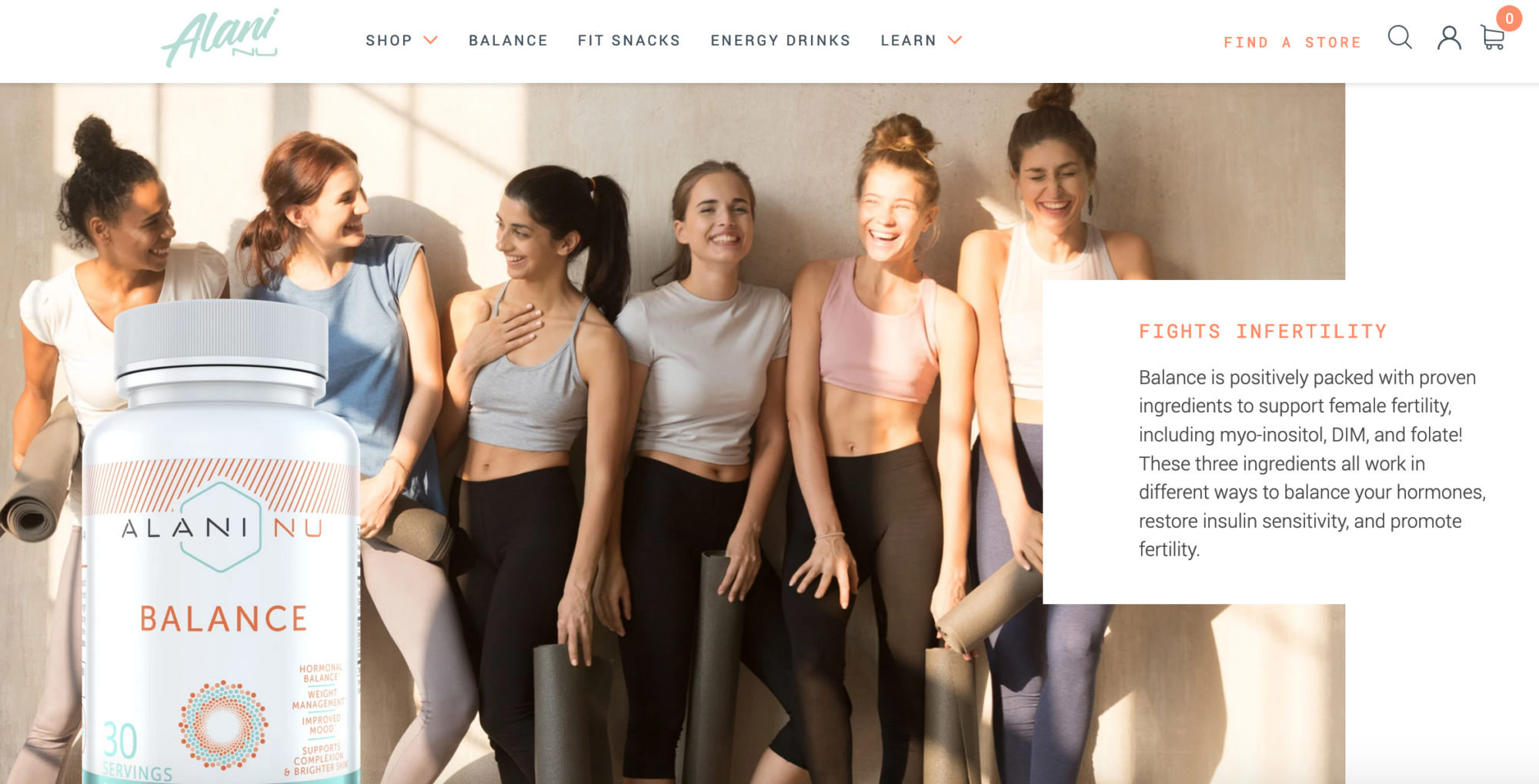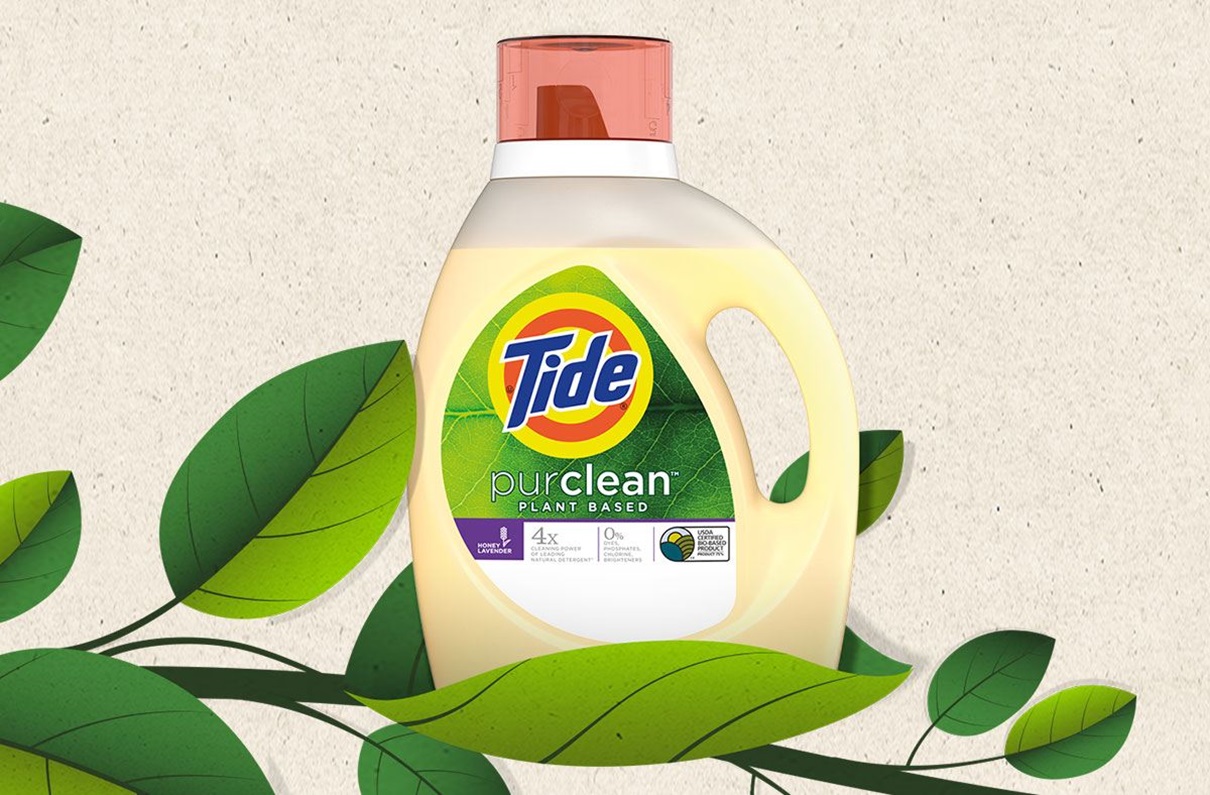
Decoding Cosmetics Claims: Non-Toxic
Without a strong legal definition for “non-toxic,” cosmetic companies are making it up as they go along.
In January 2016, a class-action lawsuit was filed against Nutiva, Inc. for allegedly misleadingly marketing various Nutiva coconut oil products, including Organic Extra Virgin Coconut Oil, Organic Virgin Coconut Oil, and Refined Coconut Oil. The complaint alleges that the company misleadingly markets coconut oils as healthy, as well as a healthy alternative to butter and other oils when they actually contain a high level of saturated fat and therefore increase the risk of cardiovascular heart disease. In addition, the complaint alleges that the labeling and advertising of Nutiva’s coconut oils violates several federal and state food regulations. The lawsuit was transferred to federal court in February 2016. (Jones et al v. Nutiva, Inc., Case No. 16-cv-711, N. D. CA.)
For more information about other class-action lawsuits regarding coconut oil and TINA.org’s coverage of the product, click here.
Without a strong legal definition for “non-toxic,” cosmetic companies are making it up as they go along.
Online beauty retailer blames Google for its own deceptive Google ad.
LuLaRoe’s founders on the hotseat in Washington’s pyramid case against the company.
Supplement company says product is not a “fertility supplement.” Its marketing says otherwise.
Laundry detergent’s “plant-based” claims come under scrutiny.



